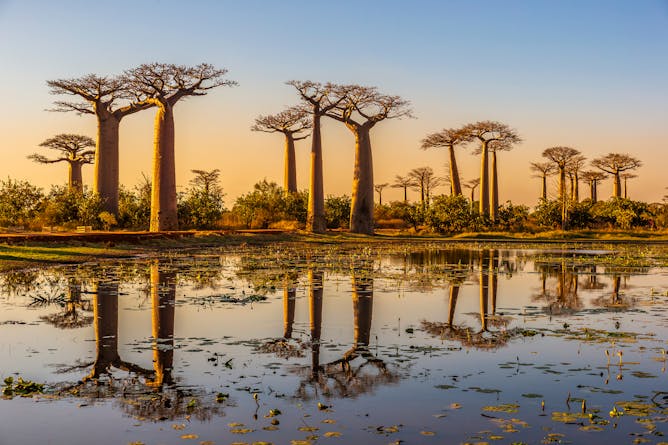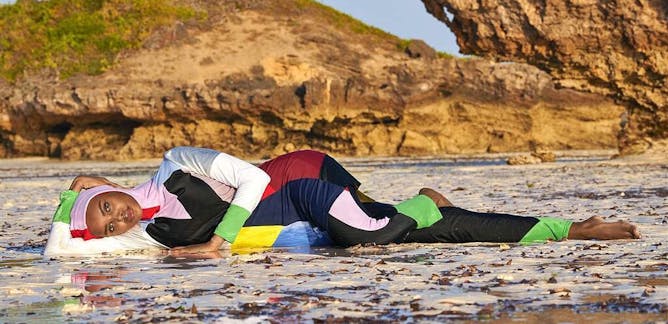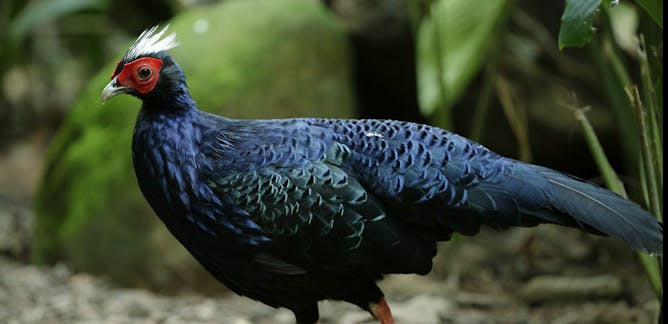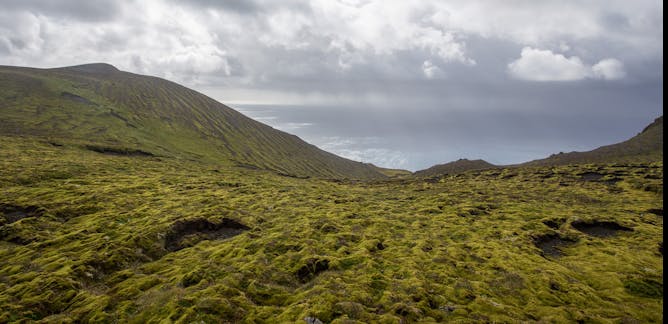|
South Africans spent the weekend digesting the outcome of the country’s national and provincial elections. The African National Congress’s victory was confirmed on Saturday night local time. But it came with some caveats. The first is that, for the third consecutive election the party has suffered a decline in electoral support. Christopher Isike unpacks the reasons for this, comparing its shrinking support with other once hegemonic parties that have failed to stand the test of time. Another caveat is that many voted for the party because they believe in President Cyril Ramaphosa’s leadership. But, as Richard Calland explains, this could be the last chance the voters give the party. For their part Dirk Kotze and Keith Gottschalk lay out the history of the Freedom Front Plus, a party with a traditionally Afrikaans base, and the reasons for its uptick in voter support.
Madagascar is one of the world's most special natural environments. But deforestation, illegal hunting and the international pet trade have pushed many plants and animals to the brink of extinction. Sarobidy Rakotonarivo sets out five actions that President Andry Rajoelina has to take to save some of the island’s unique species.
|

South African President Cyril Ramaphosa cheers during the results announcement ceremony in Pretoria, South Africa.
EPA-EFE/Yeshiel Panchia
Christopher Isike, University of Pretoria
Why do once mighty political parties sometimes collapse? Two reasons that have driven some into obscurity are corruption and conflicts within the party. The ANC suffers from both.
|

Cyril Ramaphosa has led South Africa’s African National Congress to its sixth electoral victory. But he’s got his work cut out.
EPA-EFE/Yeshiel Panchia
Richard Calland, University of Cape Town
Some have argued that were the ANC to win 60% or more in this election, it would have given the party a blank cheque for further larceny
|

Sunset at Madagascar’s avenue of the baobabs in Morondavo.
Chr. Offenberg/Shutterstock
Sarobidy Rakotonarivo, University of Stirling
President Rajoelina's five-year term, starting in 2019, may be the last chance to avoid habitats and species from going extinct.
|
Politics + Society
|

Kayla Renée Wheeler, Grand Valley State University
Hijab-wearing model Halima Aden will be featured in Sports Illustrated's annual swimsuit edition. Here's why her success needs to be viewed in context of a long history of black Muslim women's fashions.
| |

Oludayo Tade, University of Ibadan
In some Nigerian universities, wealthy female students engage in trasnactional sex for pleasure, while those that needed financial support did it for the money.
|
|
|
From our international editions
|

Philip McGowan, Newcastle University; Friederike Bolam, Newcastle University; Louise Mair, Newcastle University
Biodiversity is in crisis. Nowhere is this more serious than among the wild species which our livestock and crops descend from.
| |

José Manuel Aburto, University of Southern Denmark; Jenny Garcia, Institut National d'Études Démographiques (INED)
At the beginning of the 1980s, homicides were relatively rare in Venezuela. Now, it's one of the most dangerous countries in Latin America.
|

Steven Greer, University of Bristol
History is complex and multi-dimensional. Any response to what happened in the past should reflect this.
| |

Nick Fitzgerald, University of Tasmania
This small herb hadn't been seen on Macquarie Island since it was first recorded in 1983, despite several searches over the next 30 years.
|
|
|